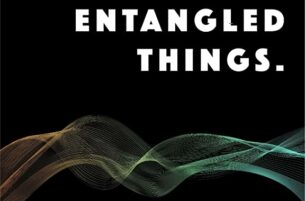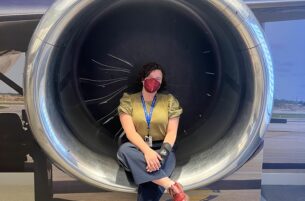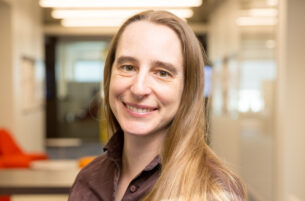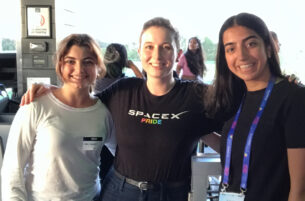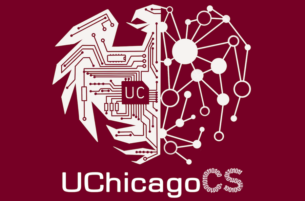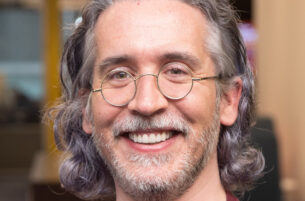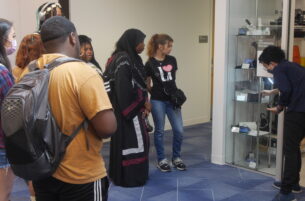As computing becomes ever more entwined with modern life, it’s critical that students learn how to navigate these technologies from an early age. Computing education encompasses two major areas. First, learning basic concepts of computer science and programming as early as elementary school can help prepare students for advanced STEM education and careers later in life, while literacy in both the potential uses of computing and the risks for privacy, security, and unintentional bias is an essential skill. Second, by harnessing cutting-edge computing technology, such as robotics, data science, and artificial intelligence, researchers can push forward education in a number of areas by providing students with personalized, automated instruction to supplement traditional classroom instruction.
UChicago faculty and students research and develop the most effective methods of teaching a broad spectrum of learners, with an emphasis on populations traditionally underrepresented in computing fields. They develop tools, curricula, activities, and outreach programs for students from kindergarten through graduate school, in areas such as programming, data science, robotics, and quantum computing. Projects also focus on inclusive approaches, so that the next generation of computer scientists and computational thinkers reflects the diverse communities of our world.
Labs & Groups
CANON (Computing for Anyone) Lab
News & Events
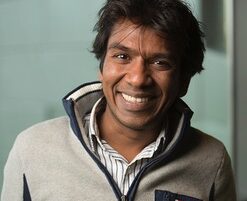
Rashit Agarwal (Cornell) – The Emerging Landscape of (Cloud) Computing Infrastructure
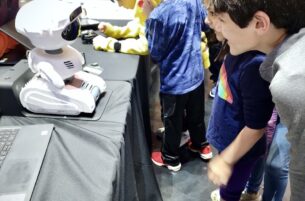
Computer Science Displays Catch Attention at MSI’s Annual Robot Block Party
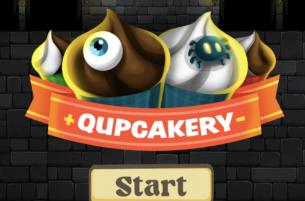
Virtual Bakery Game Serves Up Both Cupcakes and Quantum Concepts For K-12 Students
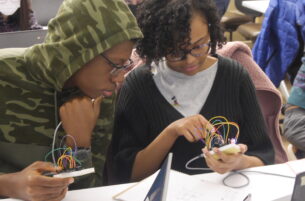
High School Students Find Their Place in Computing Through Wearables Workshop

The Computing Pipeline: A Foundation for Diversifying Computer Science
